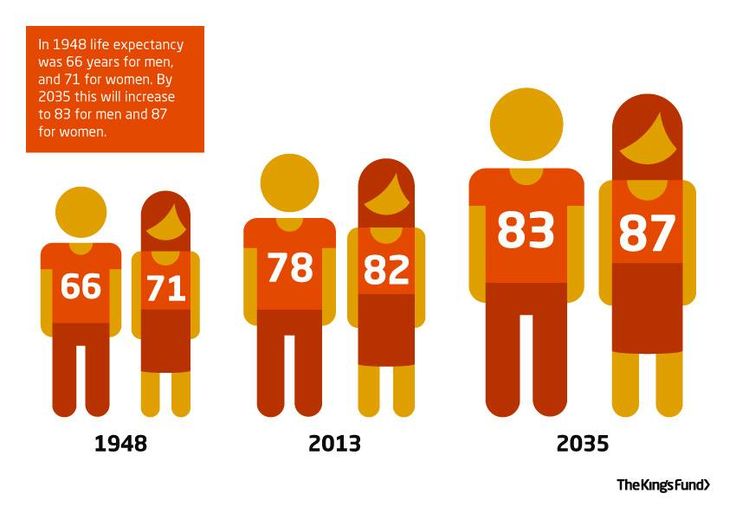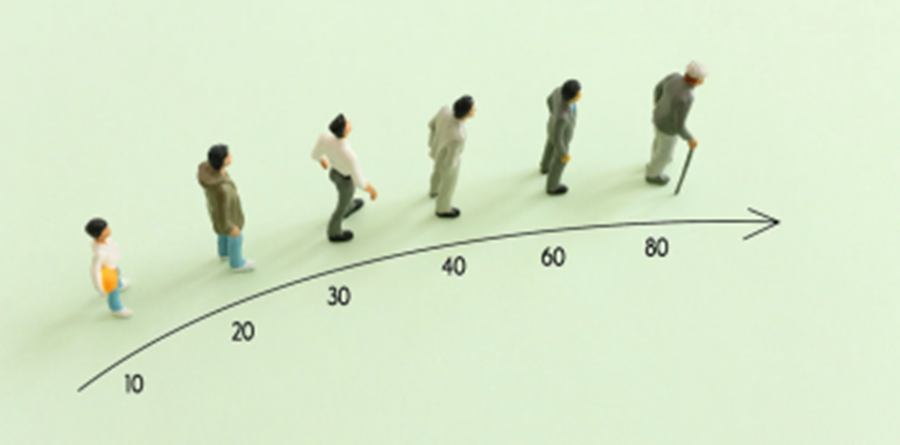By Frangiska Mylona,
It is the natural course of life and the excepted outcome for humanity to grow older and to age as the years go by. However, it is not unusual to see that people dread this change and this stems from the belief that aging brings one closer to the dawn of life, resulting in a decline of one’s productivity and increasing their susceptibility to diseases, leading to their ultimate physical and mental deterioration.
Subsequently, when someone encounters the first changes on themselves due to the process of aging, they usually start taking their own measures and sometimes, to an exaggerating extend. From dying one’s white hair back to their natural color, to attempting cosmetic procedures and products that aid and enhance the skin, to adopting healthier habits in order to avoid the dreadful consequences of an unhealthy life combined with aging, the conclusion is one: everyone will age and it is the natural course of life; that shouldn’t be dreaded. Instead, one should embrace this change by its real essence; the life progresses and everyone grows along with it.

As it was mentioned, old age is a concept of longevity in human beings. Aging starts around the same time where the reproductive life ceases because, according to the laws of nature, the human’s evolutionary role has been accomplished.
The current life-expectancy is around 80 years of age and this is a milestone in comparison with the average mean of longevity of the primitive human which was around 20 to 25 years of age! If this contrast seem odd because very different and very distant times are examined. One should consider that the mean life expectancy in the 1800s, which means around 200 years ago, did not exceed the 50 years of age! This depicts that modern medicine has achieved to improve the quality of life, especially in the developed countries.
In addition, women’s survival is longer than the men’s, in a proportion of 3:2. This is attributed to the fact that men are more susceptible to cardiovascular and respiratory diseases, while on the other hand, women, of reproductive age, have been proven to be protected against cardiovascular diseases due to the production of estrogens. Men are also more “abusive to their body” since they adopt deleterious habits more frequently than women, including heavy smoking, alcohol consumption, and lastly, they lose their lives from violent incidents more often than women.

Furthermore, by comparing the human life expectancy with other species, it is seen that humans have the longest lifespan than any primate. Some studies showed that the human life expectancy at birth is twice than that of the wild chimpanzees.
However, the question is how aging affects the human organism. An important biological (and subsequently medical concept) is homeostasis. Everything in the human body happens in order to preserve it. By definition, homeostasis shows a dynamic process, where the body tries to maintain its internal stability despite the changes in the external environment. Therefore, the answer to the above question is rather simple; aging slows down the human’s homeostasis, so the organism takes more time to respond to the exerted stress and to return back to its normal state.
If the life expectancy is studied to an individual level, the factors that affect it are divided into three categories; the intrinsic genetic process, the environmental factors and the diseases that are associated with age.
The main subject of the intrinsic genetic processes are genes. By that, studies have indicated that longevity can run in families and that twins can have a similar lifespan. The genes that are studied, are usually associated with apoptosis and with the control of the cellular response against noxious stimuli.
In the environmental factors, the habits of the individual are studied. The engagement in the, already discussed, harmful tendencies, like the consumption and inhalation of harmful substances, the nutritional habits as well as, physical inactivity, can affect negatively the process of aging.
Lastly, age-related diseases enclose a vast spectrum of disorders that affect many organs, including the development of atherosclerosis, diabetes mellitus, ischemic heart disease, Alzheimer’s disease and more…
There were a lot of attempts of studying and explaining the theory behind the aging process. In a molecular level, most human cells have a limited ability to divide 40-50 times before they get old. This stems from the fact that the number of generations of the cell is based on the length of the telomeres.
Telomeres are the areas at the tips of the chromosomes and it has been observed that with every cell division, they get progressively shortened, leading to impaired
DNA replication. The outcomes of this process include the reduction of the chromosomal stability and the increase in the frequency of chromosomal fusions at the ends of the chromosomes, provoking apoptosis.
In normal cells, this shortening is repaired by an RNA enzyme known as telomerase, although, as the years goes by, there is an inadequate production of this enzyme, resulting in disturbances to the cell’s viability. It is interesting to mention that telomerase has a role in the immortalization of the cells and it is manipulated by the tumor cells in order for them to acquire the ability to replicate limitlessly.
References
- Harsh Mohan. Textbook of Pathology. Jaypee Brothers Medical Pub. Kolkata. 2014
- What Do We Know About Healthy Aging? National Institute of Aging. Available here
- Evolution of the human lifespan and diseases of aging: Roles of infection, inflammation, and nutrition. PNAS. Available here




